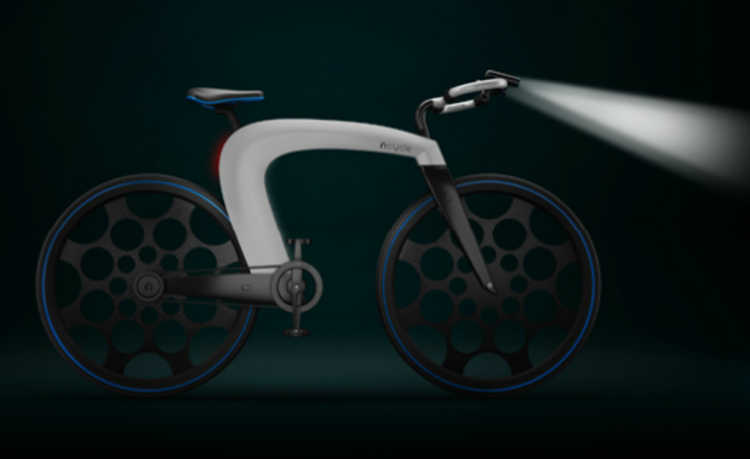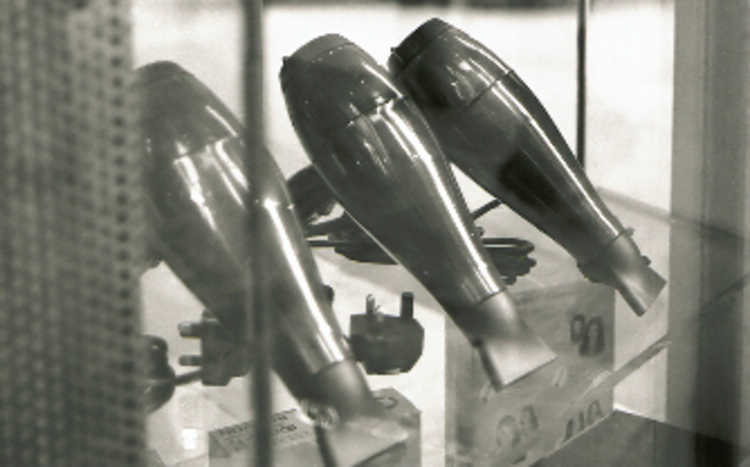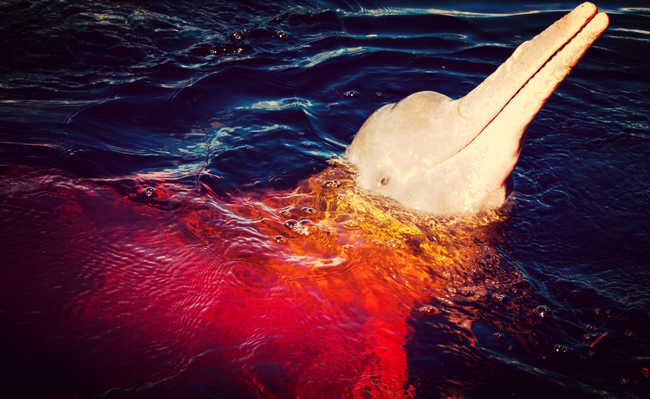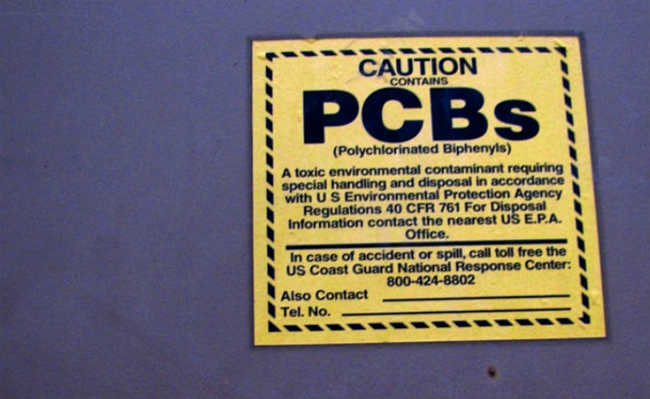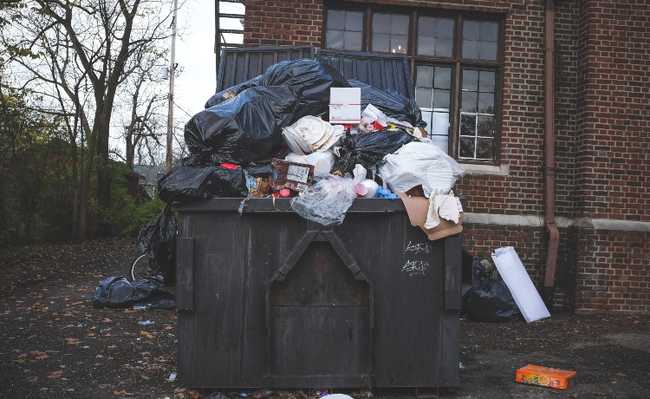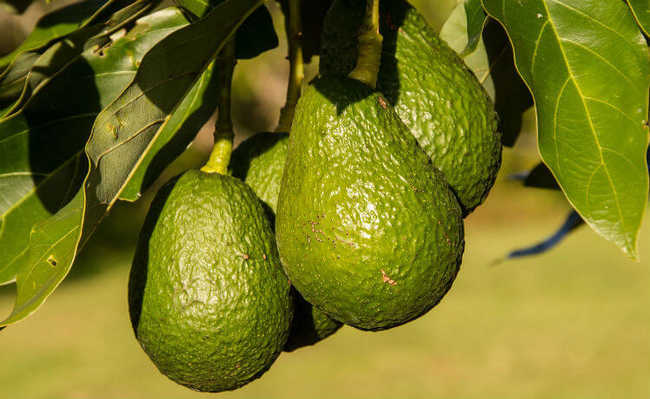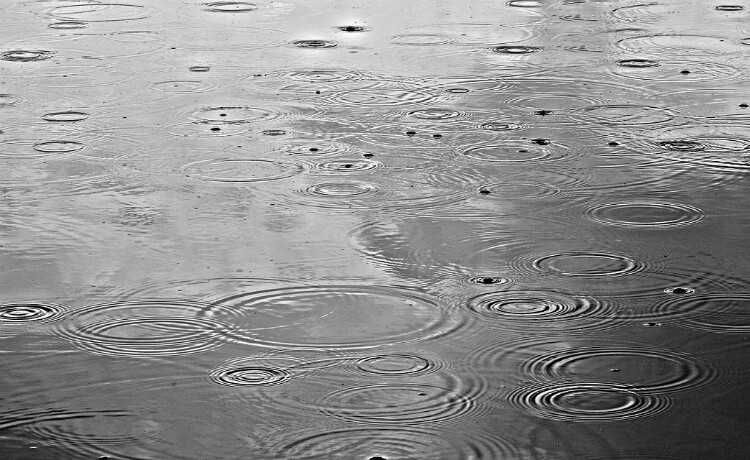Urine used as fertilizer improves farmer production in the Himalayas
The simple attitude of separating urine from feces made it possible to use the liquid as fertilizer, which increased the size of the vegetables

One of our daily challenges is to reduce waste production. The concern with recycled garbage is already widespread, but few people are concerned about the decrease in the volume of domestic sewage. An alternative is to transform sewage into reuse water, but this process is expensive and the by-products can sometimes be as polluting as the sewage itself. Environmental Health News published a simple solution that a farmer in Nepal developed from the DZI Foundation's initiative to build latrines for residents in the Himalayan region.
Farmer Budhiman Tamang was the only one in his village who opted for a latrine called an "ecological toilet" that separates urine from faeces. If urine has no contact with feces, it can be used as a fertilizer because it contains water mixed with phosphorus and nitrogen, in addition to other nutrients that can be quickly and easily absorbed by plants. The application of human urine as fertilizer has doubled the size of the cabbage produced by Tamang (see photo below), this at no cost.

In 2006, the World Health Organization (WHO) carried out a survey to assess whether this type of management could be harmful to consumers. The result proved that it is safe to use urine, even if it has some traces of hormones and medicines, as long as it is used only in the soil and not in the leaves of the plant. The only problem is that, over time, this technique makes the soil alkaline, making it difficult for the plant to absorb nutrients.
In Brazil, the solution goes through biosolid
Another interesting initiative to reduce sewage waste is the biosolids promoted by Sabesp at the Franca unit, in the interior of São Paulo, which uses the sludge resulting from sewage treatment as fertilizer. As in the case of urine, this fertilizer cannot be used in foods that are consumed raw or that are in direct contact with the soil, such as potatoes and carrots.


